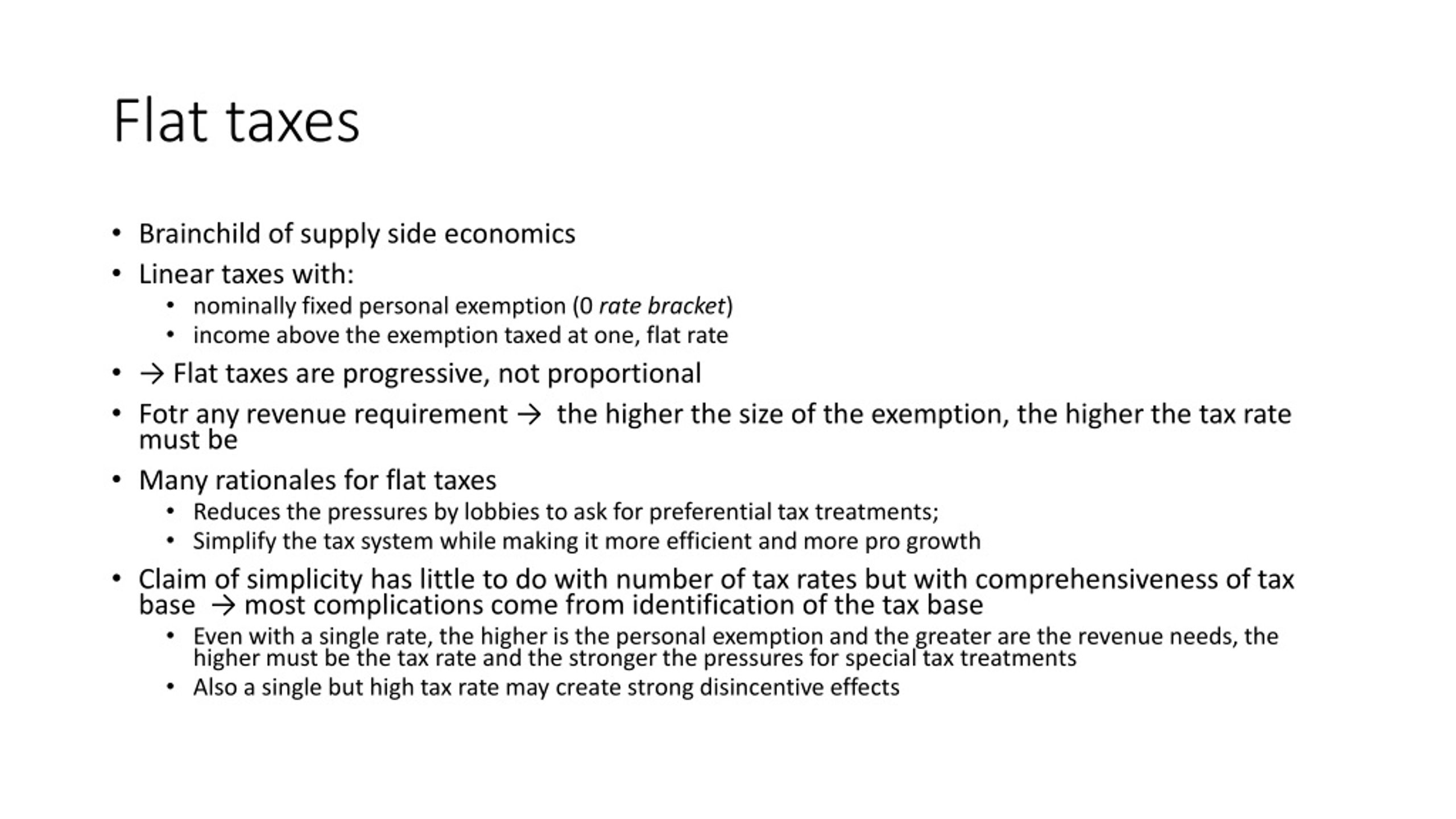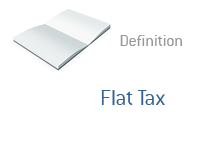
The marginal tax rate is sometimes defined as the tax rate that applies to the last (or next) unit of the tax base (taxable income or spending), it is in effect, the tax percentage on the highest dollar earned.


If a company pays different rates on the first $100,000 in earning than the next $100,000, it will sum up the total tax paid and divide it by $200,000 to calculate the average tax rate. marginal tax rate: The tax rate that applies to the last unit of currency of the tax base (taxable income or spending), and is often applied to the change in one's tax obligation as income rises.Ĭomputing Taxes Average and marginal tax rateĪn average tax rate is the ratio of the total amount of taxes paid, T, to the total tax base, P, (taxable income or spending), expressed as a percentage.average tax rate: The ratio of the amount of taxes paid to the tax base (taxable income or spending).The average tax rate is lower than the marginal tax rate. A progressive tax is a tax in which the tax rate increases as the taxable base amount increases.The average tax rate is higher than the marginal tax rate. A regressive tax is a tax imposed in such a manner that the tax rate decreases as the amount subject to taxation increases.The average tax rate equals the marginal tax rate. A proportional tax is a tax imposed so that the tax rate is fixed, with no change as the taxable base amount increases or decreases.

An average tax rate is the ratio of the total amount of taxes paid, T, to the total tax base, P, whereas the marginal tax rate equals the change in taxes, divided by the change in tax base.


 0 kommentar(er)
0 kommentar(er)
